”Ask not what your country can do for you
– ask what you can do for your country“
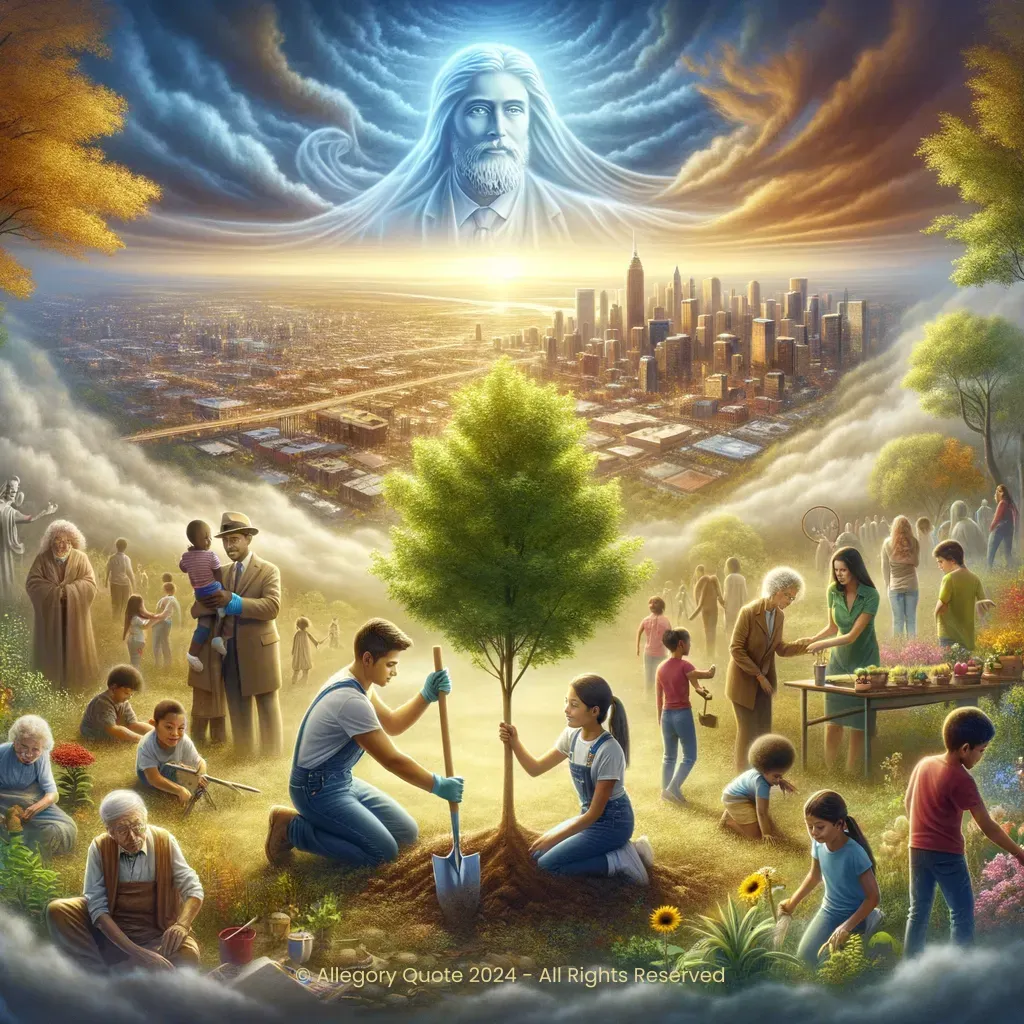
0
0
0
0
- Meaning
- At its core, the phrase "Ask not what your country can do for you – ask what you can do for your country" emphasizes the importance of civic responsibility and selfless service to one's nation. Kennedy was urging citizens to prioritize their contributions to the public good over their personal gain. It speaks to the idea of collective responsibility and the need for individuals to actively participate in nation-building rather than expecting benefits without contribution. This shift from a consumer mindset to a contributor mindset is essential for fostering a strong, united, and progressive society.
- Allegory
- The young person planting a tree represents investing in future generations and environmental stewardship. Individuals engaging in acts of service illustrates the diverse ways one can contribute to their community, reinforcing the message of collective effort and civic duty. The ethereal figure of John F. Kennedy symbolizes the enduring inspiration of his words. The varied landscapes in the background showcase the different parts of the nation benefiting from such acts of service. The dawning light in the sky symbolizes hope, progress, and a bright future resulting from these united efforts.
- Applicability
- This phrase can be applied to various aspects of personal and public life. In a personal context, it encourages individuals to consider how their actions can benefit their families, communities, and workplaces rather than simply focusing on what they can receive. In a larger societal context, it promotes active participation in civic duties such as voting, community service, and engaging in public discourse. Essentially, it invites a transformation towards altruism and community engagement, urging people to contribute their skills, time, and resources for the common good.
- Impact
- This phrase has had a profound impact on American political discourse and civic education. It has inspired generations of Americans to engage in public service and civic activities. The quote is often cited in speeches and writings about patriotism and civic duty. Kennedy's words have also contributed to the founding of several volunteer organizations, such as the Peace Corps, which embody the spirit of serving the country and the world at large. Moreover, the message has been echoed by leaders worldwide who use it to inspire a sense of duty and altruism among their citizens.
- Historical Context
- John F. Kennedy's inaugural address was delivered at a time when the United States was amidst the Cold War with the Soviet Union, facing significant global tensions and internal challenges. The historical context of this speech includes the transition from the 1950s, a period marked by post-World War II recovery and the beginnings of the Civil Rights Movement. Kennedy’s call to action was designed to foster unity and a collective sense of purpose at a time when the nation needed to strengthen its resolve and ideals both domestically and internationally.
- Criticisms
- There have been some criticisms of this phrase, primarily from those who argue that it could be used to justify neglect by the government of its responsibilities to its citizens. Critics contend that while civic participation is important, the government also has obligations to support and protect its people. There is also a debate on the balance between personal sacrifice and government duty, suggesting that an overemphasis on what individuals should do for their country might overlook necessary systemic reforms and social justice issues.
- Variations
- Variations and interpretations of this phrase have emerged in different cultural and social contexts. For example, variations might focus on familial or community duties rather than national service. In Eastern philosophies, similar ideas emphasize collective well-being and the importance of individuals contributing to the harmony and success of the group. Such interpretations universally highlight the value of selflessness and service but may use different focal points or contexts to do so.
-

Yesterday is not ours to recover, but tomorrow is ours to win or lose.
-
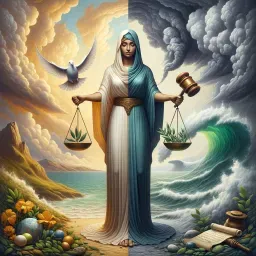
Peace and justice are two sides of the same coin.
-

Make America Great Again.
-
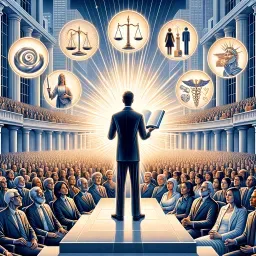
A public office is a public trust.
-
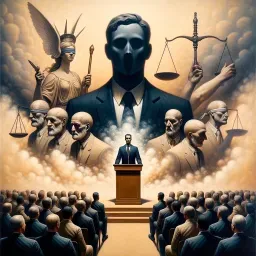
I am not a crook.
-

The buck stops here.
-
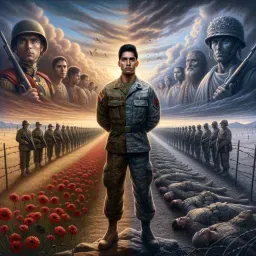
Dulce et decorum est pro patria mori.
-

The only thing we have to fear is fear itself.
-
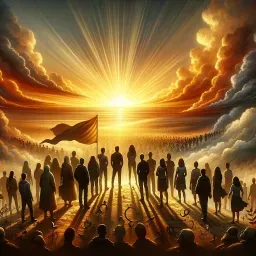
Our long national nightmare is over.
-
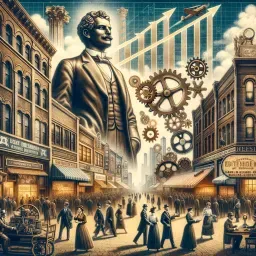
The business of America is business.
-
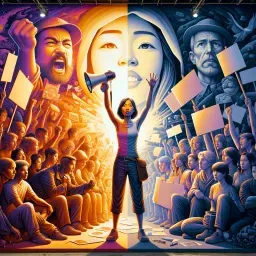
In the end, we will remember not the words of our enemies, but the silence of our friends.
No Comments